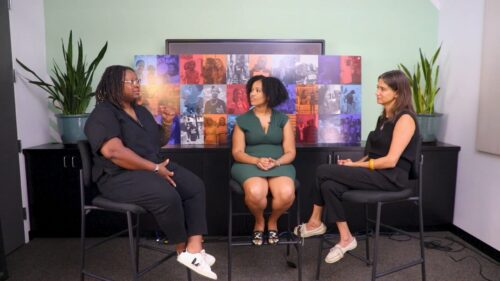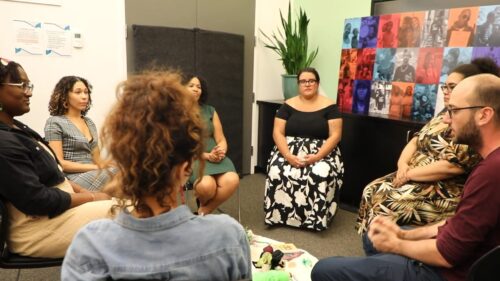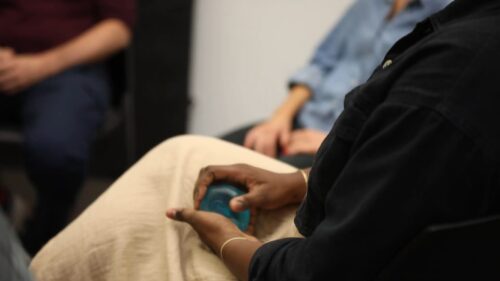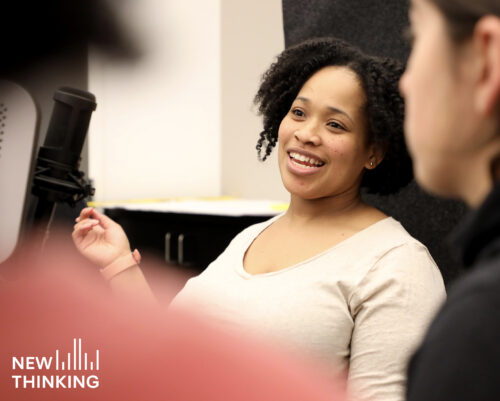Restorative justice is an approach to addressing harm and conflict that focuses on repairing relationships and promoting accountability.
Restorative justice is an alternative approach to addressing harm and conflict that centers relationships, active accountability, and healing. Rooted in centuries-old indigenous practices, restorative justice invites people on all sides of the harm—from interpersonal conflict to incidents involving violence—to share how they were affected by what happened and explore ways to move forward together.
We bring restorative practices into the justice system as an alternative to typical, punitive responses for both low-level and serious offenses. In schools, we use restorative justice to help students resolve conflicts while reducing reliance on responses like suspension, which disproportionately impact students of color. And we incorporate restorative practices into our community-based programs to foster healing and repair before people come into contact with the justice system.
Beyond the individuals directly impacted by an incident, restorative justice asks each of us to reflect on our collective responsibility to address the systemic conditions that lead to harm. By broadening who is responsible for—and capable of—making change, restorative justice harnesses the power of the wider community and helps people move forward collectively.
NEW:
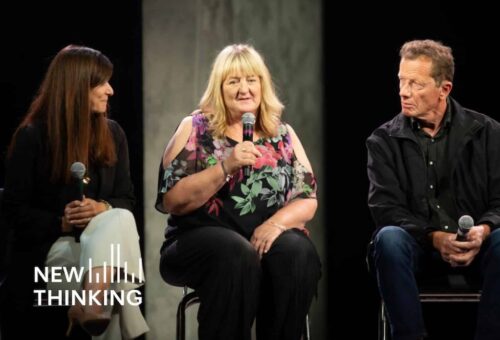
Punch: The Real-Life Restorative Justice Story Behind the Broadway Show
Sep 29, 2025
